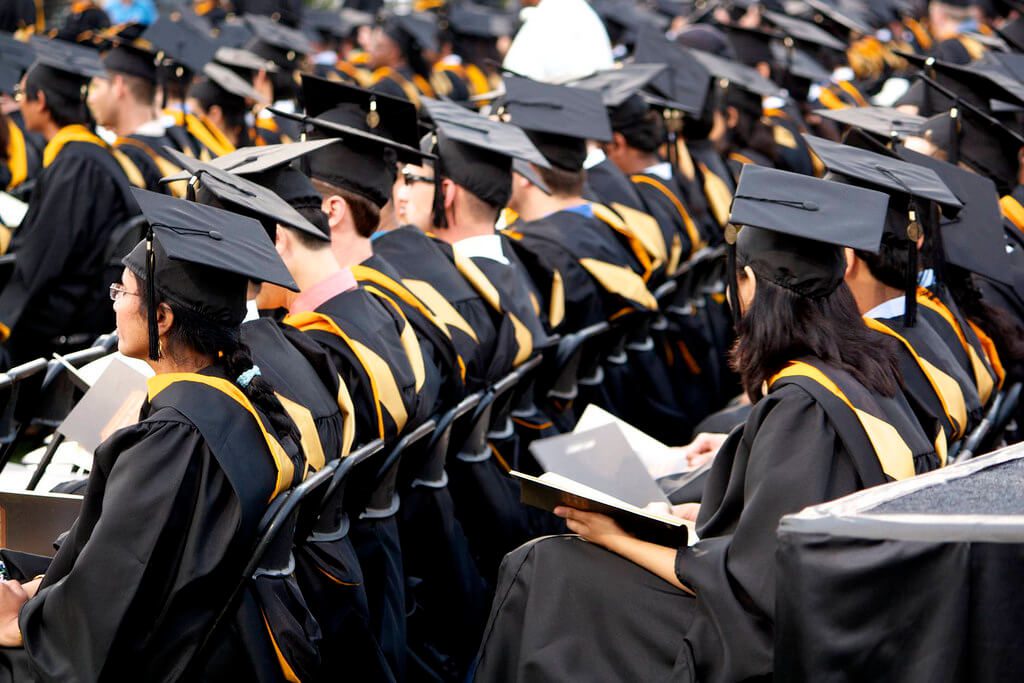 By Ken Coates, May 18, 2022
By Ken Coates, May 18, 2022
Canadians have talked extensively about Indigenous education, with much of the recent conversation wrapped up in the condemnation of residential schools. But, despite loud and consistent protests by Indigenous leaders and others, the country has done precious little to address antiquated delivery processes, systemic failings and tragically disappointing outcomes.
It might seem odd to say this following a major increase in federal funding for Indigenous schools, and recent efforts by Indigenous Services Canada to search for additional ways to address the challenge of a crumbling education system. Clearly, the problems run much deeper than money.
The lack of Canadian reaction to the stunning May 2018 revelations in the Auditor General’s report on Indigenous education tells us how far this issue has fallen off the national radar. The report made it clear the government has been consistently misrepresenting Indigenous graduation rates. Put simply, the government expresses Indigenous graduation rates as a percentage of those who started Grade 12, producing a shockingly low rate of 45 percent. But the actual number should be a percentage of those who start high school, a calculation that would produce a graduation rate of 25 percent.
Are we willing to accept that those First Nation youth who did not graduate are disposable youth who will slide deeper into poverty and despair, becoming yet another lost generation? The nation’s silence, in this instance, speaks volumes. Canadians expect mediocre or worse outcomes from government spending on Indigenous matters, with the unsubtle but often-held view that poor returns are the norm with Indigenous programming.
But deeper examination reveals severe and profound problems that go beyond inadequate funding. Inadequate preparation of new on-reserve teachers is both a cause and effect of classroom dysfunction. The one bright light in Indigenous education, the specialized programs for Indigenous teachers offered by many universities, masks the personal challenges these professionals face in the classroom and the difficulties that universities have in providing a high-level training for Indigenous students.
Foremost among the issues to be addressed are those associated with the student population. Many Indigenous children come to school in difficult circumstances. Their schools must provide a wide-range of services that are otherwise not available to the students. But the scale is dramatic. In most Canadian schools, the vast majority of students are functioning above, at or near grade level; only a small percentage (perhaps 20 percent) require either school-based services or extensive on-on-one intervention.
However, in many Indigenous schools, particularly in rural and remote communities – and there are notable and impressive exceptions – the pyramid is inverted. Only a small percentage of students are above, at or near their grade level. About the same percentage require additional support but have a reasonable chance of succeeding. But by far the largest number of Indigenous on-reserve students, sometimes three-quarters or more, require extensive support and direct intervention.
Resources are so tight in most Indigenous schools that they rarely have the funds they need and deserve for special education instructors, psychologists, social workers and psychiatrists. Indigenous educators and community leaders know and understand the situation. They have been struggling for years to get governments to care. They live with the inadequacy of current arrangements and make remarkable efforts in the face of daunting barriers to student success.
Put in the context of the economic marginalization of Indigenous communities and a rapidly changing national workforce, the shortcomings of Indigenous education are even more significant. Schools that produce sub-par student outcomes and experience staggeringly high failure rates are hardly preparing young Indigenous peoples to be successful in the difficult economies in rural, remote and Northern communities. The system is, again with important exceptions, not doing enough to support Indigenous languages and cultural training.
Recognizing the failures of the current system, major steps must be taken, matched by a level of government funding that is adequate to meet enormous needs. Control must be passed to Indigenous governments, preferably through regional education authorities that have administrative economies of scale. Educational support might also begin at infancy, through community-supported and culture-based programming.
The classroom as we know it today should be abandoned, replaced by new systems designed and controlled by Indigenous authorities, perhaps like the Yukon’s territory-wide First Nation School Board. Some would provide a combination of land-based and experiential learning activities supported by adaptive 21st century classroom systems that individualize learning processes.
To do these things well requires a reinvention of university teacher training to prepare teachers, Indigenous and non-Indigenous, for the new educational realities. The learning experiences have to be connected, realistically, to the jobs available in the region and to the social, cultural and productive needs of their communities. Education should focus on three objectives: allowing each student to reach their potential, preparing young people to support community aspirations and gently supporting each student until they believe that hope for a better future is a realistic goal.
Money alone will not solve the crisis facing Indigenous education playing out in hundreds of Indigenous communities across the country. A major reinvention of Indigenous schooling and workforce preparation is required, one controlled and shaped by Indigenous communities and aligned with contemporary social, cultural and economic realities. If the current arrangements continue, the result will be, at a minimum, another lost generation or two and the further decay in already toxic Indigenous circumstances across the country.
Enough procrastination. Enough ignoring the pleas and needs of Indigenous communities and students. Enough of our tolerance of a system that has created islands of misery surrounded by seas of non-Indigenous prosperity. It is time to head in a dramatically different direction that empowers Indigenous peoples and their governments and properly aligns local education with community aspirations for cultural survival and enhanced well-being.
Ken Coates is the Distinguished Fellow with Macdonald-Laurier Institute and a Canada Research Chair in Regional Innovation at the University of Saskatchewan.




